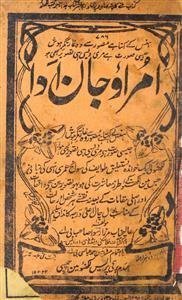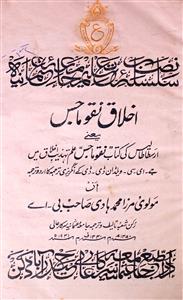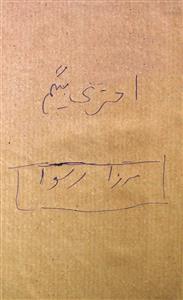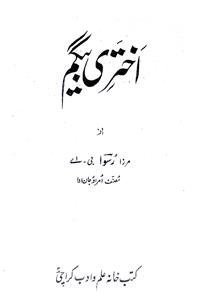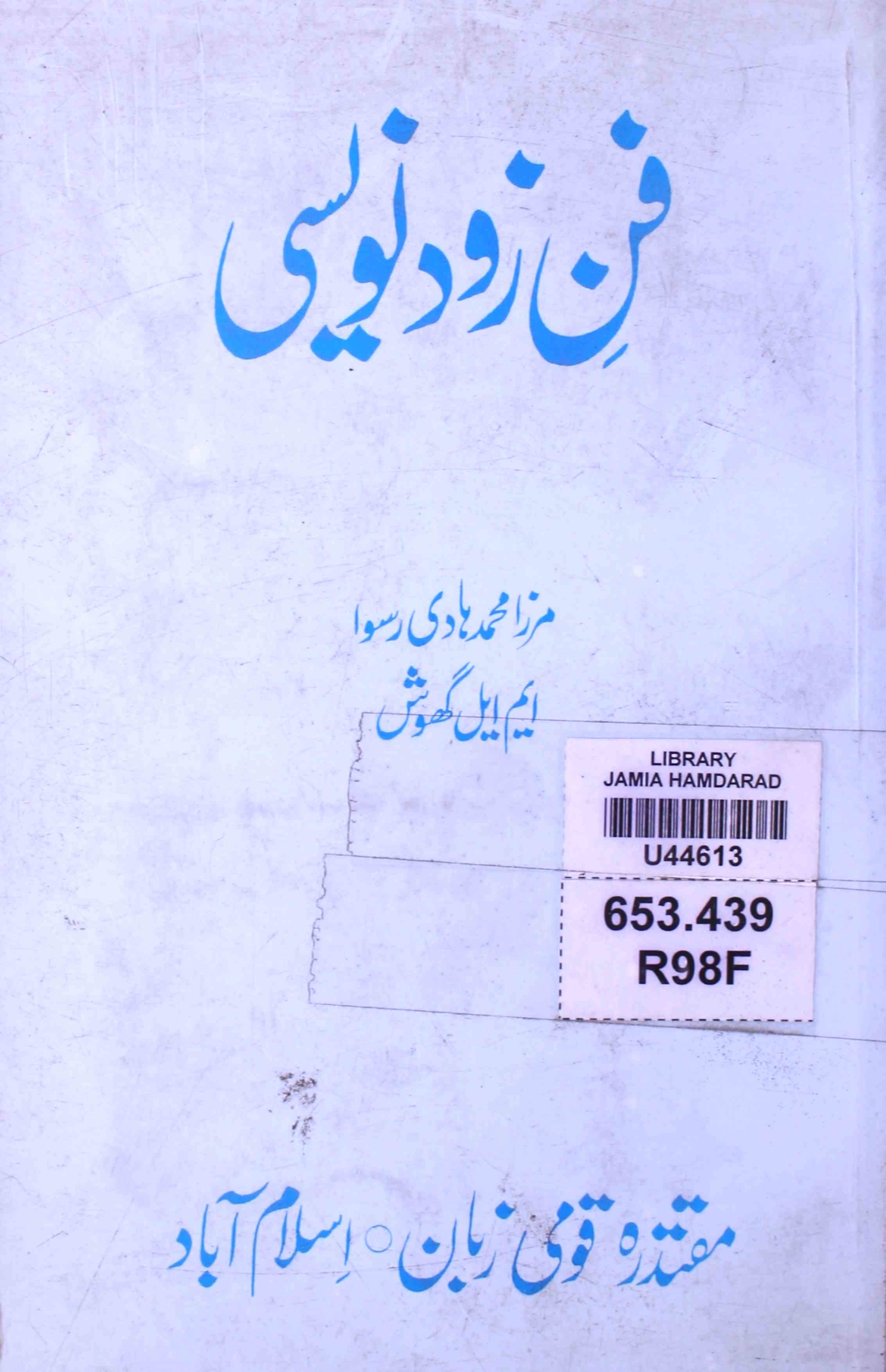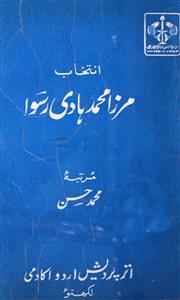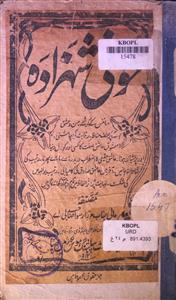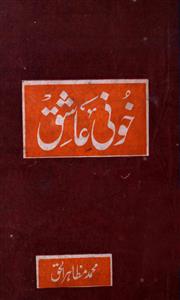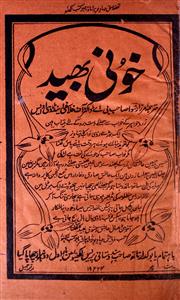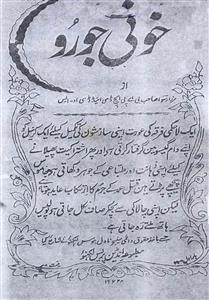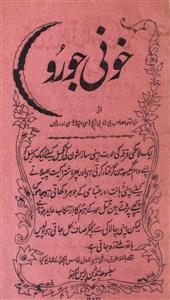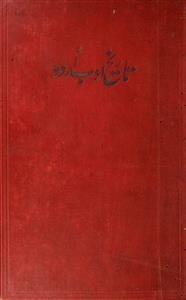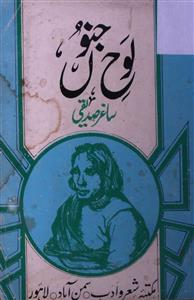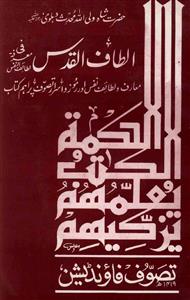 For any query/comment related to this ebook, please contact us at haidar.ali@rekhta.org
For any query/comment related to this ebook, please contact us at haidar.ali@rekhta.org
About The Book
مرزا ہادی علی رسوا کا یہ معرکتہ الآرا معاشرتی ناول ہے،اس ناول میں انیسویں صدی کے لکھنو کی سماجی اور ثقافتی جھلکیاں بڑے دلکش انداز میں دکھلائی گئی ہیں اس ناول میں طنز،تشبیہ،شوخی،محاورات،منظرنگاری اورمقصدحیات نظر آتا ہے،انداز بیان اور لطف زبان کے اعتبار سے "امراؤ جان ادا" اردو کے چند کامیاب ترین ناولوں میں سے ایک ہے، تقریبا ایک صدی کا طویل عرصہ گزرجانےکے باوجوداب تک اس کے اثرات ذہنوں اور خیالوں پر حکومت کررہے ہیں بلکہ جیسے جیسے وقت گزرتا جا رہا ہےاس ناول کی مقبولیت،اہمیت اورمعنویت بڑھتی ہی جارہی ہے،"امراؤ جان ادا "اردوادب کا وہ عظیم سرمایہ ہےجس کی کہیں کوئی دوسری نظیر نہیں ملتی۔جتنی مقبولیت اس ناول کو حاصل ہو ئی اور جس قدر کو اس کو پڑھا گیا یااس کےاثرات قبول کیے گئے ،ایسا کوئی دوسرا ناول نظر نہیں آتا،اس ناول کا پلاٹ اتنا شاندار ہےجس نے اسے ایک مکمل اور یادگار ناول بنا دیا۔تمام کہانی خود امراؤ جان ادا کی زبانی بیان کی گئی ہے۔بات سےبات نکلتی جاتی ہے،رابطے سے رابطہ ملتا ہے۔زندگی سبک رفتاری سے رواں دواں ہے۔کہیں ہنگامہ خیزی اور کہیں ناگفتہ بہہ حالات سے گزرتی جاتی ہے۔
About The Author
Born in 1858, Mohammad Hadi used Ruswa as his pen name in poetry, and Mirza Ruswa in Novel writing. He graduated from the Roorkee Engineering College and got employed in Quetta for a monthly salary of 70 Rupees. At the same time, he became interested in chemistry, which even led to him quitting his job. When he ran out of money, he became a teacher of Persian in the Lucknow Christian College School. At the same time, he passed his BA from Punjab University. He started his poetry under the tutelage of Mirza Dabir, but after his death, he sought corrections from Mirza Jafar Auj, son of Mirza Dabir. Mirza turned his attention to translations and novels to increase his income. In 1902 he discovered a new interest, astrology. The series of his writings, compositions, poetry and literature continued in Lucknow till the end of the year 1920. Either at the end of 1920, or at the beginning of 1921, Mirza moved to Hyderabad, Deccan and got employed in the Dar-ul-Tarjuma. On 21st October, 1931, he died of Typhoid, in Hyderabad Deccan.
Mirza also translated books of philosophy. He was very fond of music and his religious knowledge was very vast, too. He had a special interest in science and was a master of chemistry. He also worked on a shorthand manual. He also wrote several elegies. Other than his world-famous ‘Umrao Jan Ada’, he wrote many other novels. He was truly a multi-faceted personality.
 For any query/comment related to this ebook, please contact us at haidar.ali@rekhta.org
For any query/comment related to this ebook, please contact us at haidar.ali@rekhta.org
